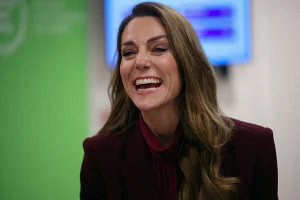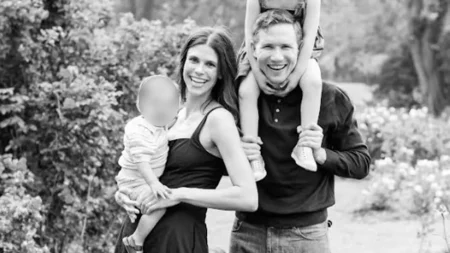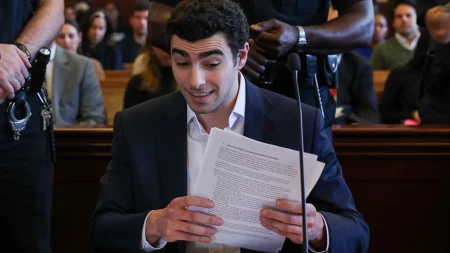The Catholic Response to Immigration
In parishes across the nation, Sunday services took on a poignant tone as priests and congregants reflected on a recent letter from America’s Catholic bishops regarding the treatment of immigrants. The bishops’ message, which expressed deep concern over the current handling of immigration issues, resonated through homilies and after-Mass discussions, creating moments of contemplation about faith’s intersection with this complex social issue.
Many priests delicately wove the bishops’ message into their sermons, acknowledging the diversity of political views within their congregations while emphasizing the Church’s longstanding teaching on human dignity. “Our faith calls us to see Christ in every person,” explained Father Michael Rodriguez at St. Mary’s Parish, as he invited parishioners to consider immigration through a lens of compassion rather than solely as a political matter. The challenge for clergy has been to honor the Church’s traditional advocacy for vulnerable populations while respecting that Catholics hold varying perspectives on immigration policy solutions. This balancing act reflects the broader tension in American society between securing borders and upholding humanitarian values.
The bishops’ letter arrived at a particularly divisive moment in American politics, with immigration consistently ranking among voters’ top concerns ahead of upcoming elections. The document emphasized Catholic social teaching’s core principles: the right of nations to secure their borders balanced against the right of people to migrate when facing dire circumstances, the dignity of human life regardless of documentation status, and the moral imperative to protect families from separation. These principles, rooted in centuries of Catholic thought rather than partisan positioning, offered many Catholics a framework for thinking beyond political talking points. “I’ve never heard immigration discussed in terms of my faith before,” remarked Elena Martinez, a long-time parishioner. “It makes me realize there’s a deeper conversation we should be having.”
The response from congregations revealed the diversity within American Catholicism itself. In some parishes, particularly those serving immigrant communities, the bishops’ letter was received with emotional gratitude. “Today I felt seen by my Church,” said Jorge Mendez, who arrived from Guatemala five years ago and attends weekly Mass despite working two jobs. In other communities, especially in regions where immigration concerns focus on security and economic impact, reactions were more measured. Some parishioners expressed appreciation for the moral framework while questioning whether the bishops fully acknowledged the complexities of border security and resource allocation. This spectrum of responses mirrors the nation’s broader struggle to find common ground on immigration reform.
Church-based immigration initiatives have gained renewed attention following the bishops’ message. Catholic Charities and parish-based ministries providing legal assistance, language classes, and material support to immigrant families reported increased interest from potential volunteers. Sister Diana Thompson, who coordinates an immigrant outreach program, noted: “People are asking how they can help in ways that transcend political divides. They may disagree on policy, but many find common ground in directly serving people in need.” This practical response reflects Catholicism’s emphasis on works of mercy alongside doctrinal positions. Some parishes have created discussion forums where members with differing views on immigration policy can engage in respectful dialogue grounded in shared faith principles, attempting to model civil discourse in a society where such conversation often seems impossible.
As the national debate on immigration continues, Catholic communities find themselves in a unique position as both moral voices and lived communities of faith. The bishops’ letter has served not only as a policy statement but as an invitation to deeper reflection on what it means to be Catholic in a diverse society facing difficult questions. “This isn’t just about immigration,” reflected Deacon James Wilson after distributing Communion. “It’s about who we are called to be as followers of Christ in how we see and treat the stranger among us.” In a nation searching for both security and compassion, the Catholic response to immigration reveals the ongoing challenge of applying ancient faith principles to contemporary social challenges, reminding believers that their identity transcends political affiliation while still demanding engagement with the pressing issues of the day.







